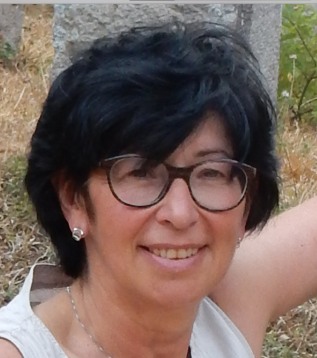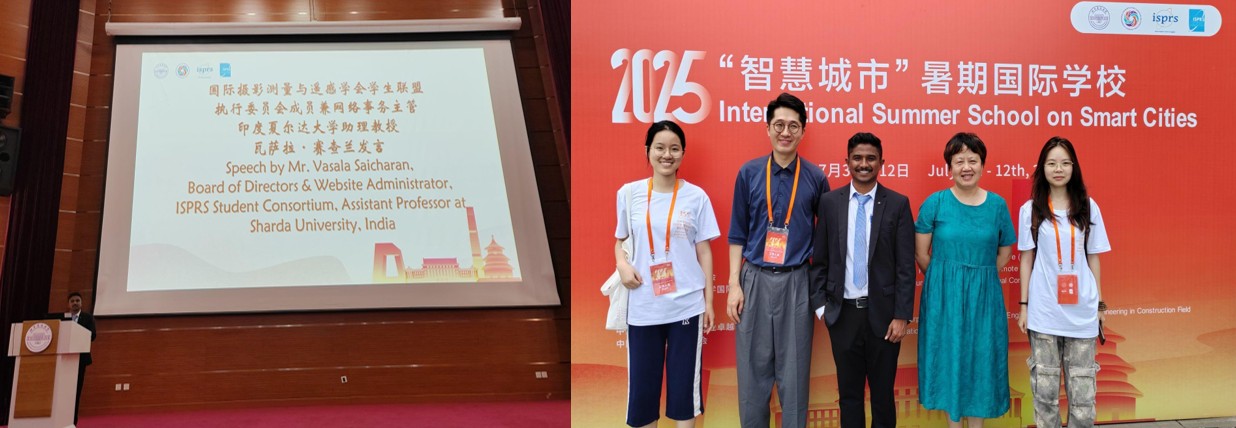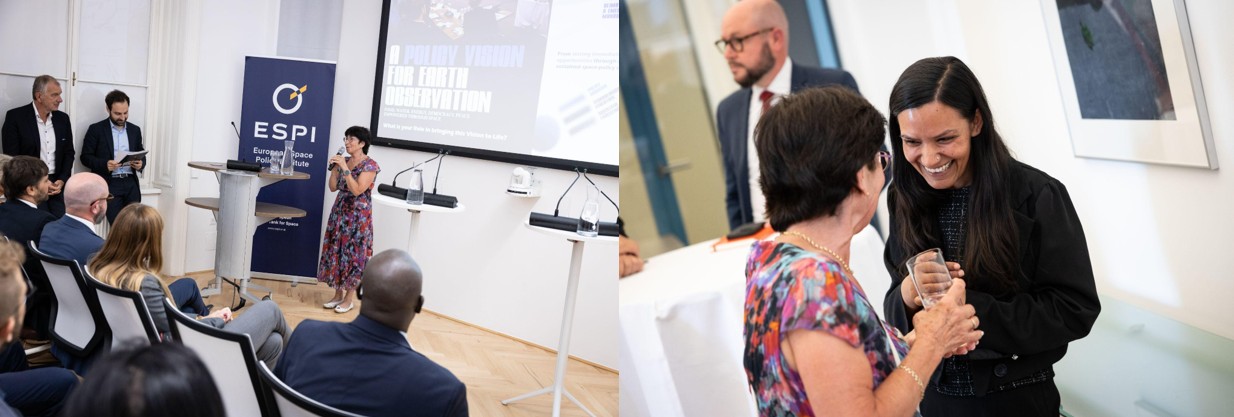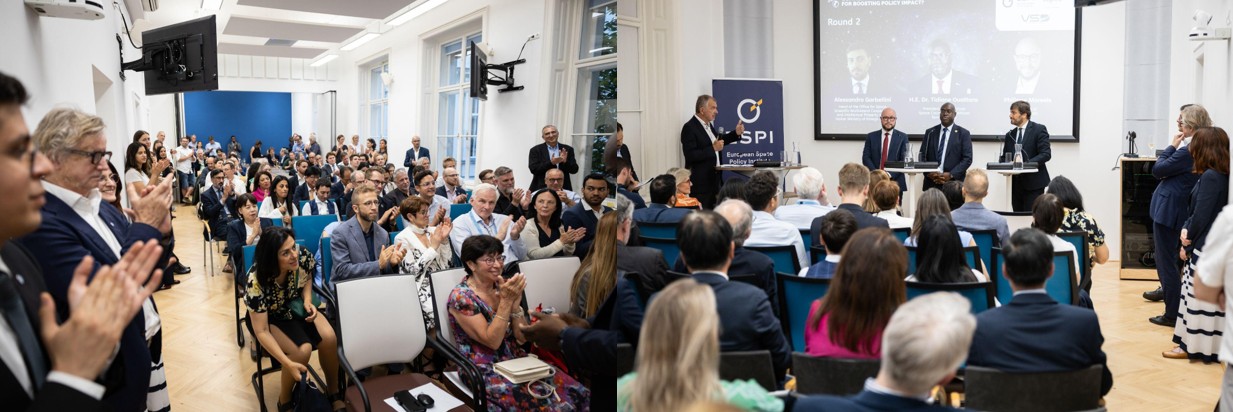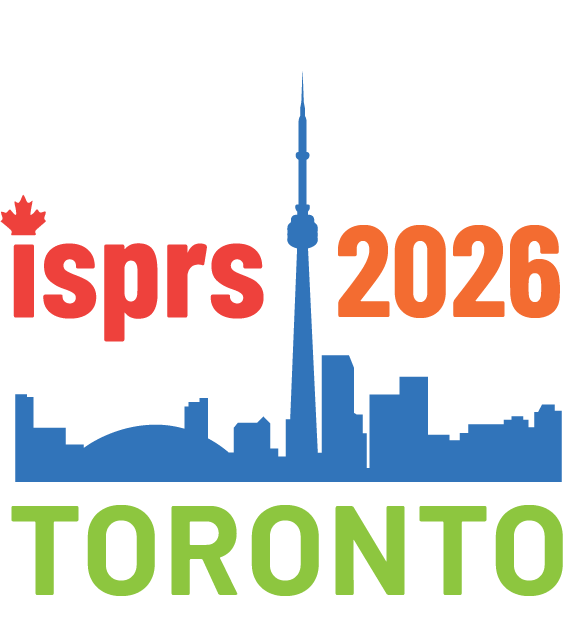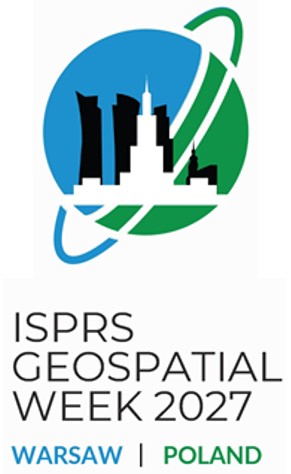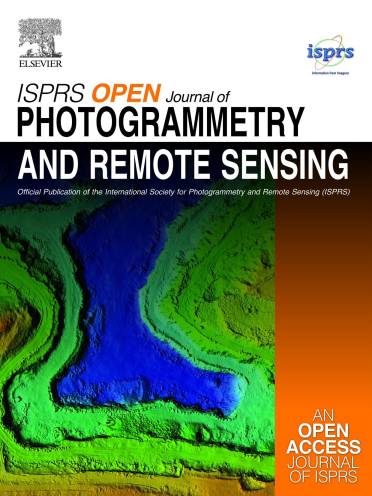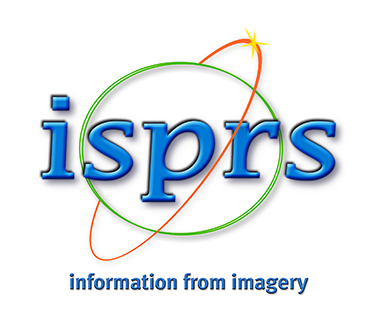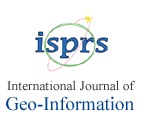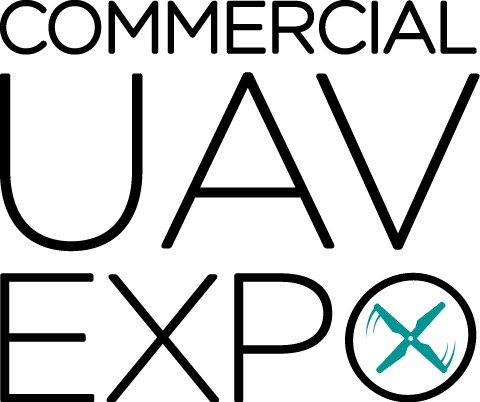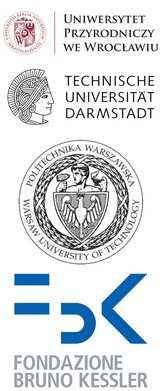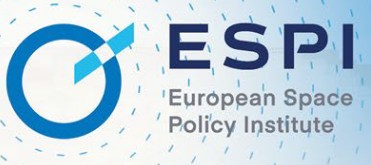

Editorial: Call for Bids for the ISPRS 2026 – 2030 Term
by Lena Halounová
I am pleased to repeat an open call for bidding for important positions and events within our organisation for the period 2026-2030. (In my country, we use the saying: Repetition is the mother of wisdom.)
Ordinary Members who consider themselves in a position to support candidates for the respective offices, or who wish to bid for an event, are welcome to send the necessary documents to the Secretary General by the given deadline. For further information please contact ISPRS Secretary General JIANG Jie at isprs-sg@isprs.org.
The results of the call will decide who will lead the society for the term commencing in 2026. During the four years, the selected professionals will play an important role for the society, for its members, their countries, and the scientific areas of ISPRS, including international cooperation, in open science without any discrimination on grounds of race, religion, nationality, or political philosophy.
Candidates will be selected for the following positions, which will be approved by the General Assembly, held at the XXV ISPRS Congress in Toronto:
Ordinary Members may bid for ISPRS President, Vice President, Secretary General or Treasurer positions. The responsibilities and obligations of the elected officers are set forth:
- ISPRS BYLAW VIII – valid for Officers and
- BYLAW XI – valid for Council (see https://www.isprs.org/documents/bylaws.aspx)
- Responsibilities and Duties of ISPRS Council Members in the Green Book (see https://www.isprs.org/documents/pdf/240120-Green_Book.pdf)
- Guidelines can also be found at https://www.isprs.org/documents/guidelines/c-gide.aspx
ISPRS Ordinary Members wishing to host a position of a Council Member shall submit an application to the ISPRS Secretary General before 1st March 2026. The application shall contain the following information:
- name of Ordinary Member making the application
- name of the proposed Council Officer and the intended position
- brief CV of the candidate, especially experience in ISPRS activities
- a provisional plan for the position for the following 4 years
During the General Assembly of the XXV ISPRS Congress 2026 in Toronto, the Congress Director candidate shall present a proposal and all Ordinary Members forming the General Assembly are entitled to vote. The results will be announced directly after voting.
Ordinary Members may bid to host the XXVI ISPRS Congress 2030 by nominating a Congress Director. The Congress Director is a member of the ISPRS Council. The responsibilities and obligations of the Congress Director are set forth in
- BYLAW IX – Congress and BYLAW XI - Council (see https://www.isprs.org/documents/bylaws.aspx), and
- Responsibilities and Duties of ISPRS Council Members (see https://www.isprs.org/documents/pdf/240120-Green_Book.pdf)
- Guidelines can also be found at https://www.isprs.org/documents/guidelines/conggide.aspx
- A Sample Congress Contract, which the Ordinary Member hosting the Congress is to sign with ISPRS Council, can be found at https://www.isprs.org/documents/Default.aspx
ISPRS Ordinary Members wishing to host the XXVI ISPRS Congress 2030 shall submit an application to the ISPRS Secretary General before 1st March 2026. The application shall contain the following information in the form of a bidding book:
- dates and location of the Congress
- name and brief CV of the proposed Congress Director
- physical facilities (see Guidelines)
- preliminary financial budget
- supporting letters, etc.
During the General Assembly of the XXV ISPRS Congress 2026, the Congress Director candidate shall present the proposal. All Ordinary Members are entitled to vote, and the result will be announced directly after voting.
Ordinary Members may bid to host Technical Commissions for the 2026-2030 term. Each Technical Commission shall have one President, one Vice President and one Scientific Secretary. The bid shall be presented by the proposed Commission President who shall also introduces the Vice President from the co-hosting Ordinary Member. The responsibilities and obligations of the elected officers are set forth in
- BYLAW XIII - Technical Commissions (see https://www.isprs.org/documents/bylaws.aspx),
- ISPRS Orange Book – Manual of Operation of ISPRS Technical Commissions and Working Groups (see https://www.isprs.org/documents/orangebook.aspx)
- A Sample Symposium Contract, which the Ordinary Member hosting the Technical Commission is to sign with ISPRS Council for the Technical Commission Symposium, can be found at https://www.isprs.org/documents/Default.aspx
ISPRS Ordinary Members wishing to host a Technical Commission shall submit an application to the ISPRS Secretary General before 1st March 2026. The application shall contain the following:
- name(s) of Ordinary Member(s) making the application
- names of the proposed Technical Commission President (TCP) and Vice President (preferably from another Ordinary Member) and the Scientific Secretary (maximum one each)
- a provisional plan for financial and management arrangements
- a provisional plan for technical meetings (Symposium, contribution to Geospatial Week, workshops, etc.)
During the General Assembly of the XXV ISPRS Congress 2026, the Technical Commission President candidate shall present the proposal. All Ordinary Members are entitled to vote, and the result will be announced directly after voting.

